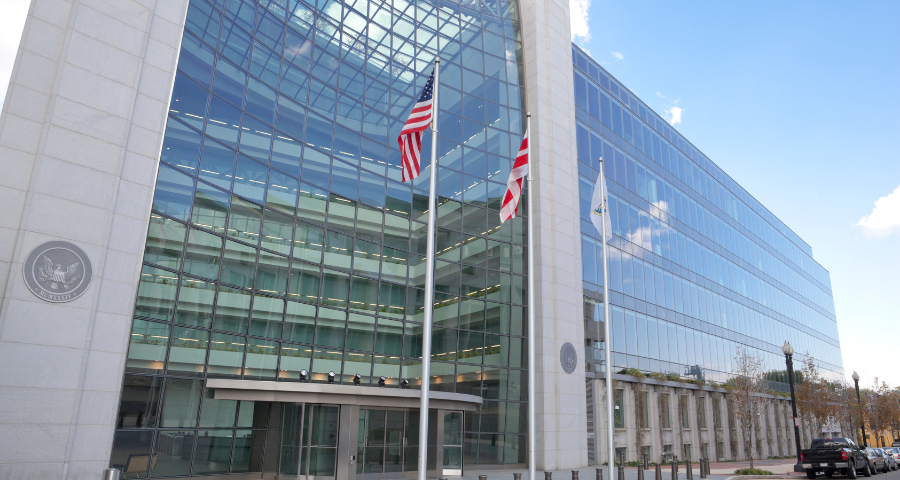Thought Leadership
SEC Further Democratizes Private Investing
By Gwen Griggs on 10.02.2020
Last month the SEC released seemingly good news for growth stage companies looking for private capital. Firms raising capital must ensure that their investors meet the SEC’s definition of “Accredited Investor” – and the SEC’s updated rule has expanded that definition, potentially expanding the investor pool who can invest in private placements.
The amendment to the longstanding Regulation D definition, which gatekeeps access to private markets, is perhaps expected as gamified trading apps and staggering unemployment stats motivate retail investors of all shapes and buying powers to speculate in public markets. SEC Chairman, Jay Clayton, wants to put more wealth-creation tools in the hands of more Americans, but by what degree does the SEC’s amendment even the playing field for individuals eager to diversify their assets?
The modified definition of Accredited Investor, released August 26, 2020, conditions accreditation on an individual’s financial sophistication rather than net worth, but leaves much clarity to be desired. Now considered accredited are:
- Natural persons holding professional certifications and designations or other credentials, which non-exhaustive list includes:
- Holders in good standing of FINRA Series 7, Series 65, and Series 82 licenses;
- Holders in good standing of other independently verifiable certifications or designations to be analyzed and confirmed by the Commission in later orders.
*Public comment demonstrated massive support for other professional certifications, designation, and credentials including education credentials and professional experience. However, the SEC advises it will take a “measured approach to the expansion of the definition” including only FINRA licensees at this time, and intends to later include credentials that can be “independently verified.”
- With respect to investing in private equity funds, “knowledgeable employees,” including executive officers, partners, and board members of the fund are deemed accredited.
- The new Rule further expands the definition of Accredited Investor by:
- Allowing married investors to pool their wealth to reach the original Accredited Investor wealth threshold through a “Spousal Equivalent” rule; and
- Opening Regulation D investing to family offices with $5 million in assets, and family clients of such offices.
Even with what seems like an overhaul to the guard-dog definition of Accredited Investor, the number of new entrants to private markets is not expected to grow significantly. According to the SEC, the new rule only granted kingdom keys to 708,584 individuals holding FINRA licenses and certifications, many of whom may already qualify as accredited investors pursuant to the unmodified rule.




